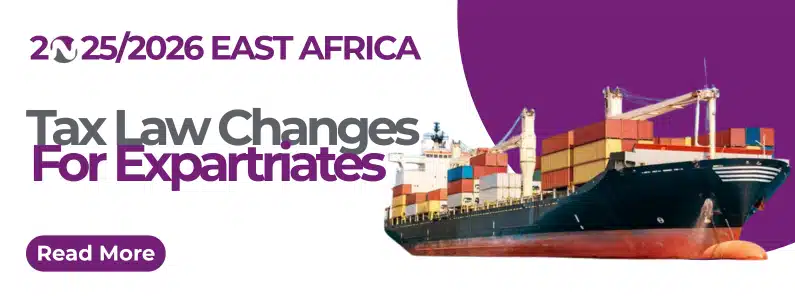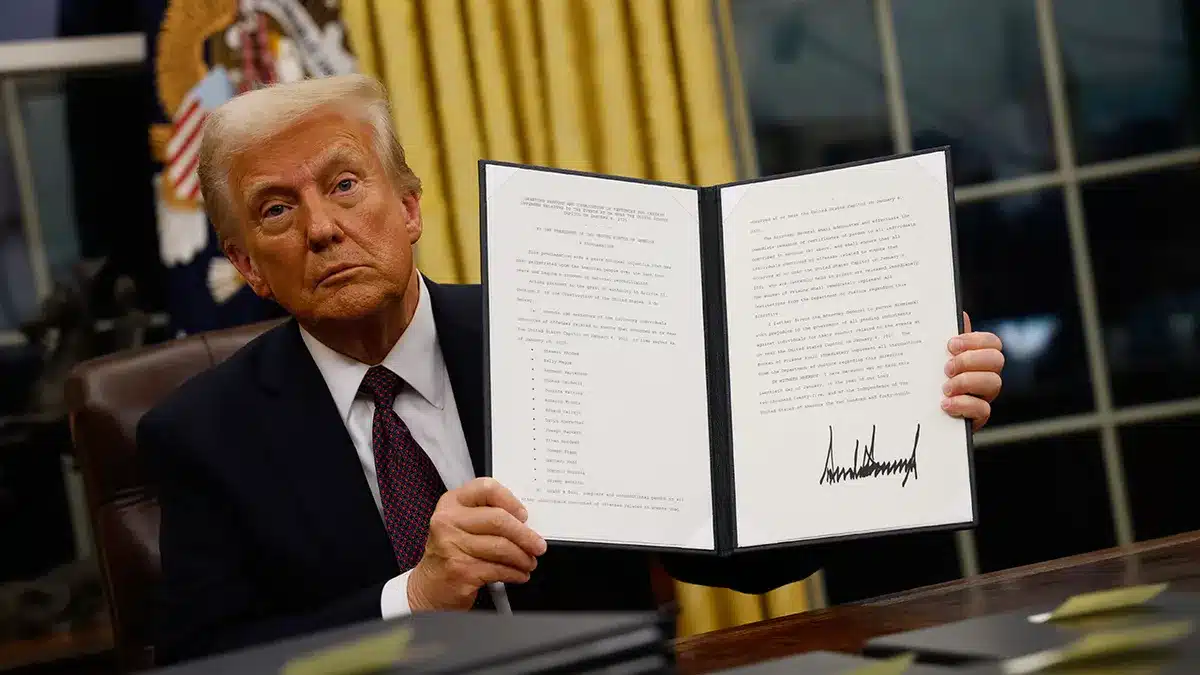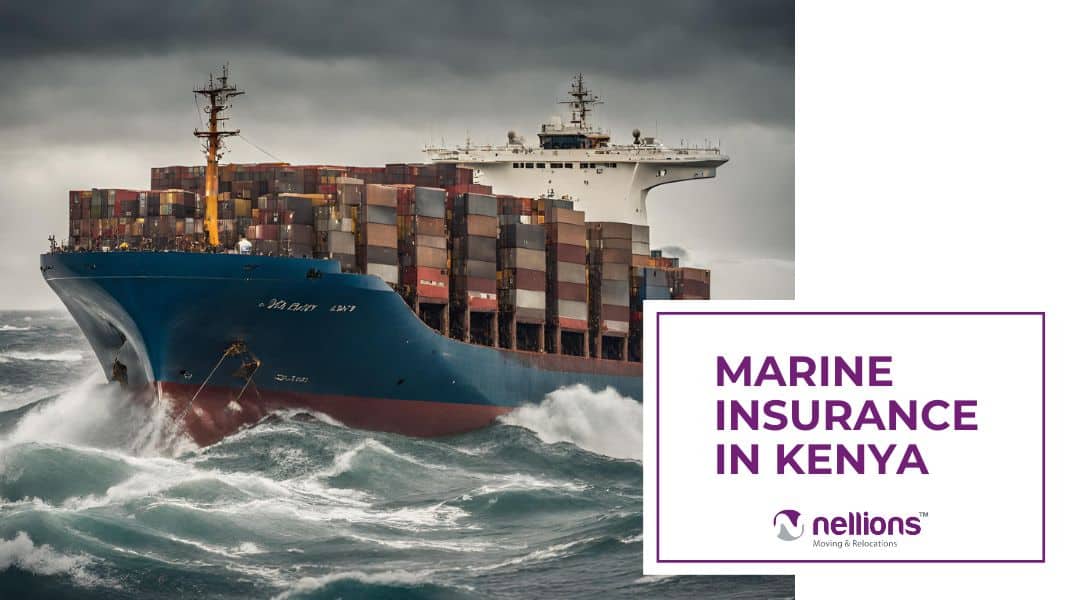Kenya. Tanzania. Uganda. Rwanda.
A new fiscal year is here—and with it, the most significant changes to personal 2025/26 tax regulations – import laws the region has seen in years.
Whether you’re a returning resident preparing to come home, an expatriate planning a family move, or a diplomat starting a new posting—this blog is written for you.
September 2025: Why Timing Is Everything
As of this month, most new 2025/26 tax regulations across East Africa are active, enforceable, and already impacting customs clearances. If you’re planning a move anytime between now and mid-2026, this is your window to prepare properly—or pay the price later.
But here’s the psychological reality:
Moving internationally is already overwhelming.
Adding layers of border bureaucracy, evolving tax codes, and surprise fees? That’s where stress skyrockets.
This guide isn’t just a checklist—it’s your confidence plan. It breaks down what’s changed, what you’re entitled to, and how to avoid the financial and emotional cost of non-compliance.
Key Insight: The Assumptions That Could Cost You Thousands
Most people assume:
- “My personal effects won’t be taxed.”
- “Returning residents don’t need to worry.”
- “My clearing agent will handle it all.”
Unfortunately, the 2025/26 Finance Acts across East Africa prove otherwise.
From strict new documentation rules in Kenya to unexpected VAT on exempt goods in Uganda and vehicle age penalties in Tanzania—the region is tightening every loophole. These changes reflect governments’ increased focus on:
- Revenue generation
- Green imports and emissions compliance
- Better tracking of personal vs. commercial imports
The result?
You’ll pay more—and wait longer—if you don’t plan smart.
The Psychology of a Smooth Move: Preparation = Peace of Mind
Psychologically, relocation triggers loss of control. Your belongings are out of sight. Rules shift across borders. Timelines move. Costs add up.
So what restores control?
Information. Precision. Proactive documentation. And, just as importantly, a customs agent who knows the system inside out.
Here’s how to regain that control—and avoid emotional and financial burnout:
Kenya: The Most Aggressive Documentation Shift in the Region
Kenya has implemented a bold enforcement strategy:
- From October 1st, 2025, a Certificate of Origin (COO) is required even for personal effects, not just commercial imports.
- Failure to provide it = delays, fines, or seizure.
- A 3-month grace period expires this month (September 2025)—after that, full enforcement begins.
You must now document everything—from how long you owned your couch to where your car was driven and stored. This includes:
- 2+ years proof of residence abroad (returning residents)
- Valid work contract (expats)
- Full inventory (detailed and signed)
- Original passport, permits, commercial invoices, and now COO
Psychological takeaway:
If it’s not written down, it didn’t happen. Customs wants paper trails. You want peace of mind. Do the paperwork now, before it becomes a crisis.
Tanzania: The Hidden Costs That Sneak Up On You
Tanzania’s new rules feel familiar—until they don’t.
- Pre-shipment inspection is mandatory—but many don’t realize they must schedule it 2–3 weeks in advance.
- 10% Industrial Development Levy is often forgotten during budgeting.
- Car over 10 years old? Expect a 30% “old age” penalty.
Without full documentation uploaded into the TANCIS system before vessel arrival, your goods will sit at port—incurring daily storage fees.
Psychological reframing:
The port is not forgiving.
It doesn’t care if the delay was accidental or caused by your agent. That’s why you need oversight of every document, not just delegation.
Uganda: More Restrictions, More Surveillance
Uganda’s 2025/26 changes introduce new surveillance and insurance compliance measures:
- Customs interview at the border is now mandatory (except for diplomats).
- Local insurance is required for all imports (from February 2025)—and must be arranged before shipment clears.
- 2025/26 financial year has introduced levies on ‘home use’ items at 2.5% (1% Import declaration levy and 1.5% Infrastructure levy. Applicable to all except diplomatic shipments
- Only one unit of each type of electronic item can enter duty-free.
What this tells us:
The government is drawing a line between genuine relocations and disguised commercial imports.
You must prove that your items are:
- For personal use,
- Not for resale,
- Properly documented, and
- Declared with no intent to circumvent taxes.
Rwanda: Incentives for the Environmentally Prepared
Rwanda is the most future-facing of the four countries:
- Electric Vehicles (EVs ≤ $60,000)? Zero import duty, zero VAT.
- Hybrids? Partial exemptions.
- Petrol/diesel vehicles? High taxes, road levies, and excise.
- Household items? Still exempt if properly documented—but VAT (18%) now applies, except for diplomats.
The hidden benefit?
If you play by the rules, Rwanda processes clearance fast. But your file must be perfect. Incomplete paperwork results in immediate rejection.
Strategic Tips: Psychological + Practical
| Best Practice | Why It Works |
| Hire your clearing agent early | Reduces deadline stress and error risk |
| Create a relocation folder | Gives you mental clarity—track invoices, COO, permits |
| Schedule inspections early | Avoids last-minute fines and logistical panic |
| Know your exemption status | Clear status = smoother entry and no “grey area” missteps |
| Budget for worst-case tax scenario | Reduces decision paralysis if duties are higher than expected |
| Avoid assumptions | East African customs authorities are actively auditing and cross-checking declarations |
Final Word: Complying Isn’t Just Smart—It’s a Mental Health Strategy
Relocation doesn’t need to be chaotic.
But in 2025/26, it’s never been more important to get it right the first time.
By understanding your rights, risks, and responsibilities, you’ll move not just across borders—but into your next chapter with confidence, compliance, and clarity.
At Nellions Moving & Relocations, we don’t just move boxes—we move lives. And we do it with insight, strategy, and up-to-date expertise on every cross-border requirement in East Africa.








